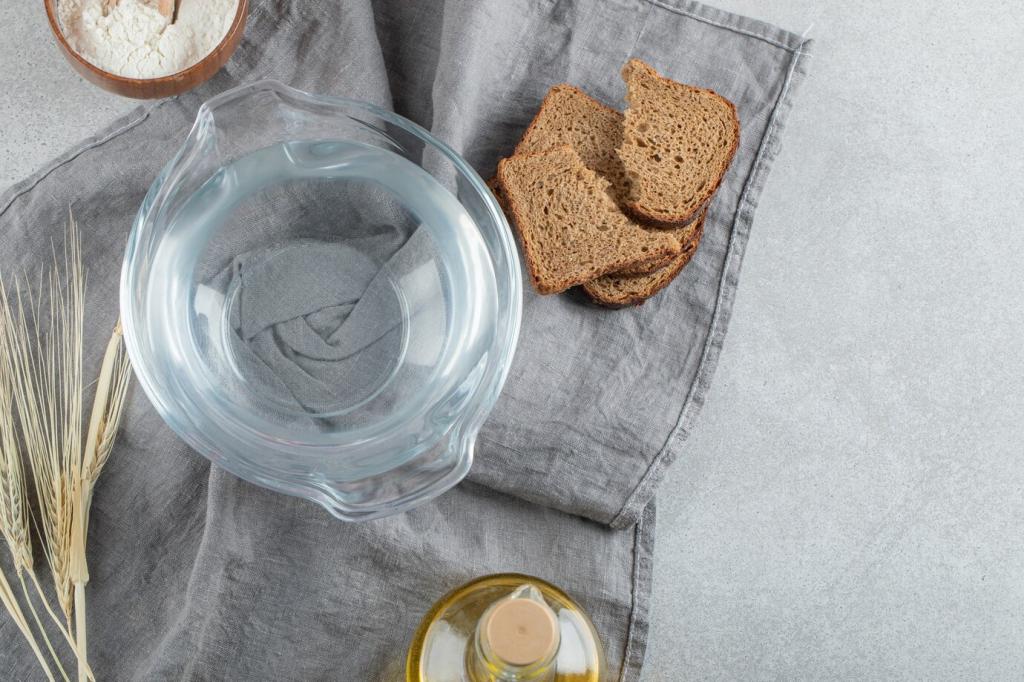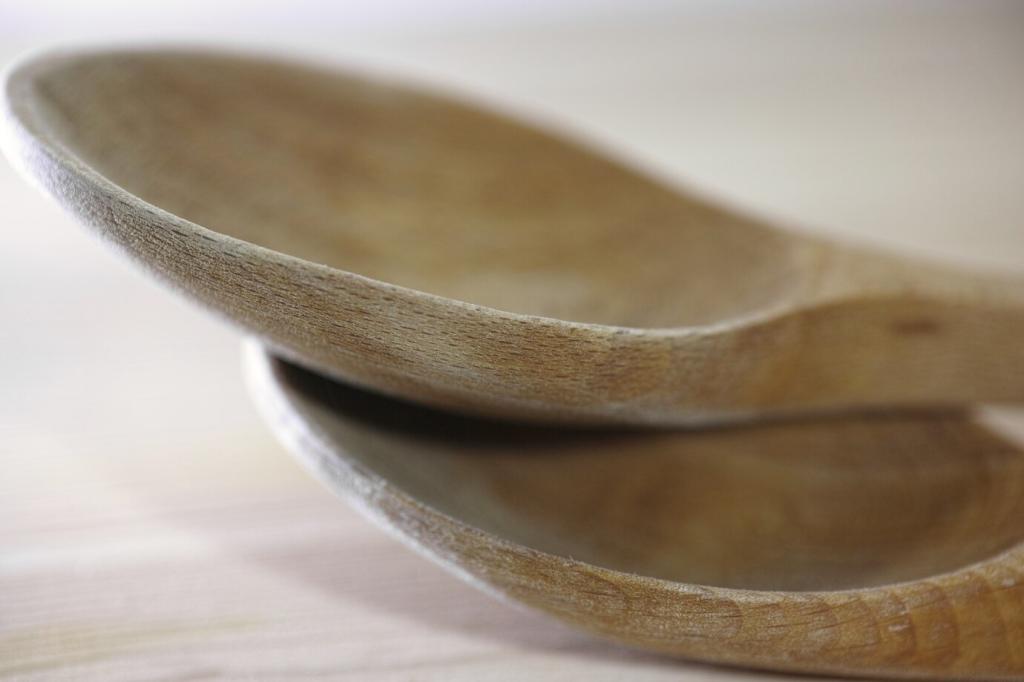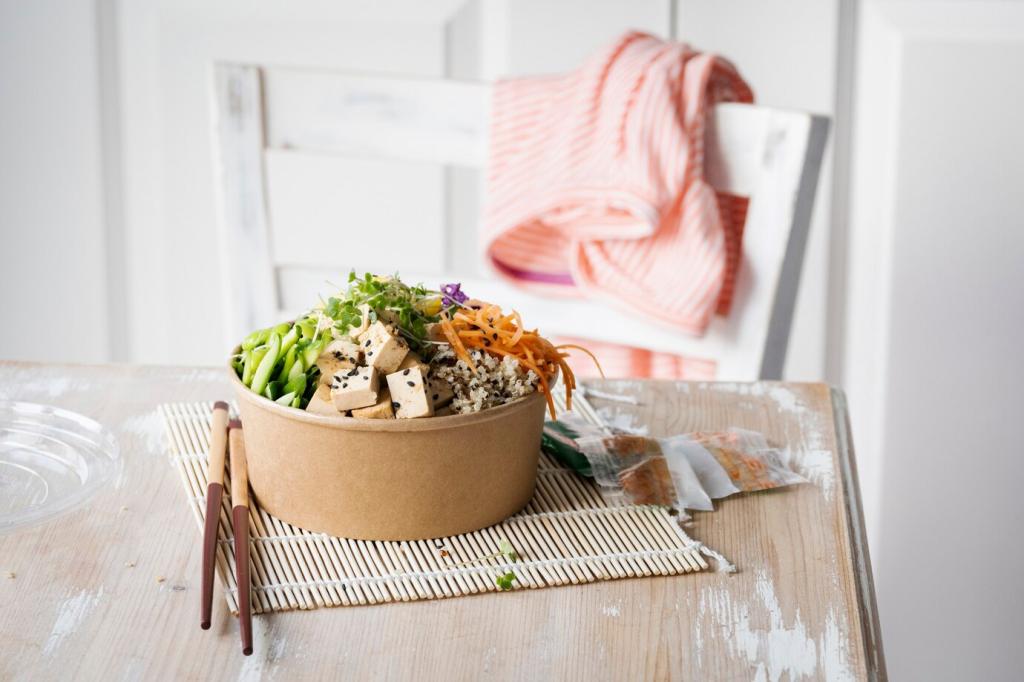
Benefits of Using Eco-Friendly Utensils in Modern Kitchens
Eco-friendly utensils have become an integral part of today’s kitchens, blending functionality with environmental responsibility. Modern households and professionals alike are turning to sustainable alternatives to reduce waste, lower their carbon footprint, and promote healthier cooking habits. By embracing eco-friendly utensils, kitchens can maintain high standards of utility without compromising the well-being of our planet.
Environmental Impact Reduction
Decreased Plastic Pollution
Eco-friendly utensils often replace single-use plastics that clutter landfills and pollute waterways. By utilizing bamboo, wood, or stainless steel alternatives, families and businesses contribute to a dramatic reduction in plastic waste. These choices help mitigate the alarming impact plastic has on marine life and ecosystems, fostering a cleaner and healthier planet for future generations.


Longevity of Materials
Eco-friendly utensils, like those made from stainless steel or durable bamboo, are designed to withstand the rigors of daily use without warping, cracking, or breaking. Their resilience often surpasses that of disposable counterparts, reducing the frequency of replacements and contributing to less waste over time.
Reusability and Maintenance
Unlike single-use products, most sustainable utensils are dishwasher-safe and easy to clean, making them suitable for repeated use without degrading quality. Their simple maintenance requirements encourage regular use, allowing users to minimize waste while enjoying efficient and hygienic kitchen practices.
Cost Savings Over Time
While the upfront investment for eco-friendly utensils may seem higher, their extended lifespan and reduced need for frequent replacement make them cost-effective in the long run. Households and businesses benefit from lower yearly expenditures on kitchenware, all while advancing their sustainability goals and fostering responsible spending habits.
Previous slide
Next slide
